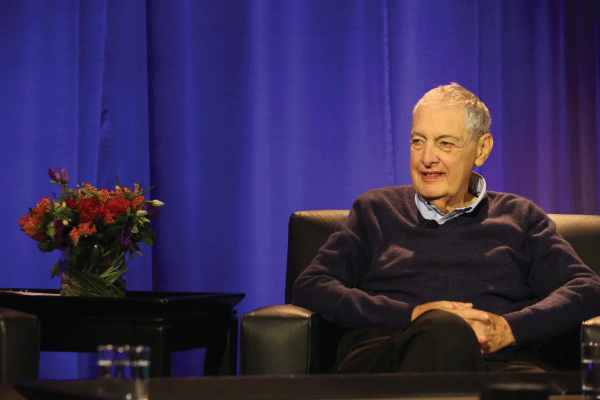Observation
Lee Ross Shares the Evolution of His Signature Work

APS William James Fellow Lee Ross jokes that the scientific term ascribed to him, Ross’s fundamental attribution error, sounds as if he’s the one who made the error.
More than 40 years ago, the Stanford University social psychologist coined the term to describe the way in which we overlook the situational factors that may contribute to a person’s behaviors, attributing them instead to individual characteristics. He now says the truly fundamental attribution error is “the illusion of objectivity — that I have a sense that what I see is the way it really is.”
Ross spoke at length about his research on human inference, judgment, and decision-making in the latest installment of the APS video series “Inside the Psychologist’s Studio.” Interviewed by his former student, Swarthmore College psychology professor Andrew Ward, Ross discussed some of his other groundbreaking research on errors and biases in judgment, which include:
- belief perseverance — maintaining a belief despite new, contradictory information;
- the hostile-media effect, in which partisans from opposing sides of an issue view the same media coverage as biased against them; and
- reactive devaluation, in which we devalue an idea if it originates from an antagonist.
Ross also discussed his three decades of initiatives to apply his research to citizen diplomacy and conflict resolution in the Middle East, Northern Ireland, and other parts of the world. This includes his instrumental role in forming the Stanford Center on International Conflict and Negotiation, an interdisciplinary research community focused on the study of conflict resolution and peacebuilding.





APS regularly opens certain online articles for discussion on our website. Effective February 2021, you must be a logged-in APS member to post comments. By posting a comment, you agree to our Community Guidelines and the display of your profile information, including your name and affiliation. Any opinions, findings, conclusions, or recommendations present in article comments are those of the writers and do not necessarily reflect the views of APS or the article’s author. For more information, please see our Community Guidelines.
Please login with your APS account to comment.